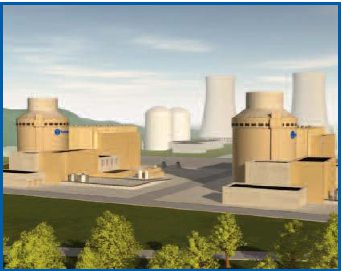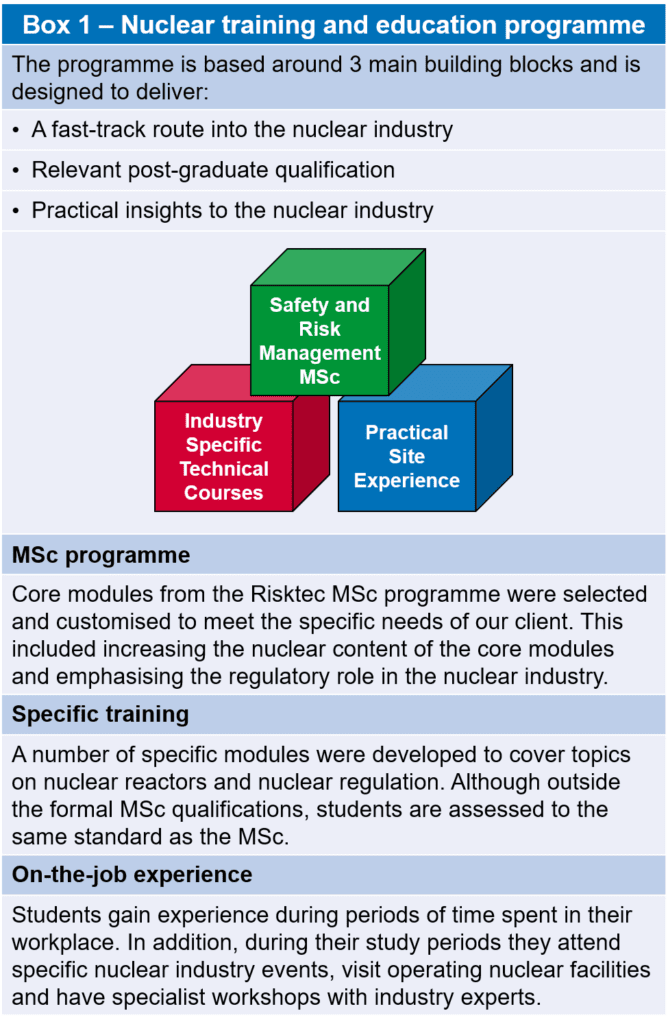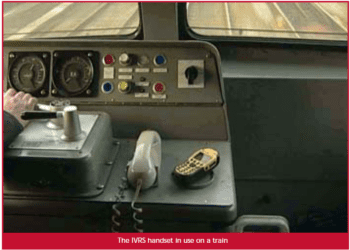Nuclear Training for the New World
NUCLEAR RENAISSANCE

In a remarkably short space of time public perception of nuclear power generation has been transformed from a mistrusted, legacy ‘sunset’ industry to one with a central role in the energy policy of many countries. Key factors have been increased recognition of:
- Global warming and the effect of CO2 emissions
- The need for energy security
Encouraged by this rapid renaissance, many countries are mobilising resources and planning for ‘new build’. Those with an existing nuclear industry are finding it a challenge to assess the designs offered by the international vendors and plan for the construction and operation of new plants.
Those countries which are embarking on nuclear power generation for the first time face even greater challenges. There are a number of prerequisites laid down by the IAEA [Ref 1], including:
- Recognition and acceptance of the responsibilities and commitment associated with nuclear power generation
- Adopting international legal instruments
- Establishing the necessary national legal framework
- Creating an independent regulatory Body
EMERGING NUCLEAR NATIONS
Upwards of 60 countries have expressed some level of interest in establishing a nuclear power programme. Of these 35 are new to nuclear power generation [Ref 2].
After the policy decision to launch a nuclear power programme has been made in these nations, an essential element of the preparatory work is to establish an independent nuclear regulator with responsibility for:
- Setting up nuclear regulations
- Issuing licences
- Carrying out independent safety assessments
- Implementing an inspection and control regime
- Establishing frameworks for protection and emergency preparedness
- Determining penalties for breaches
Of particular importance is the recruitment and development of people to ensure and maintain a competent and effective regulator. This presents a notable challenge for a nation with little or no national nuclear expertise and experience.
A credible approach is to recruit an experienced regulatory resource from the international community. This would rapidly establish a competent capability, supporting steady progress towards procuring and operating the first nuclear power plant.
In parallel with this, a longer term local development plan is also needed with the aim of developing a highly capable and mature regulatory organisation with a high proportion of national personnel. This would ensure that effective regulation can be maintained throughout the life of the nuclear power programme.
In support of the development of such local regulatory expertise, Risktec has worked closely with an international regulator to tailor the Risktec Safety and Risk Management MSc programme to meet the specific requirements of a nuclear regulatory body. This has led to the development of a number of additional foundation and specialist modules on nuclear and regulatory topics. The key features of this training and education programme are summarised in Box 1.

CONCLUSION
The challenges faced by countries seeking to harness nuclear energy for the first time are considerable and require long-term commitments. At the heart of any successful programme of this scale is competent people. Whilst international expertise can assist, the development of local expertise is essential for long-term success.
References
1. IAEA, ‘Milestones in the Development of a National Nuclear Infrastructure’, NG-G-3.1.
2. www.iaea.org/NewsCenter/News/2010/nuclnewcomers.html
This article first appeared in RISKworld issue 18







